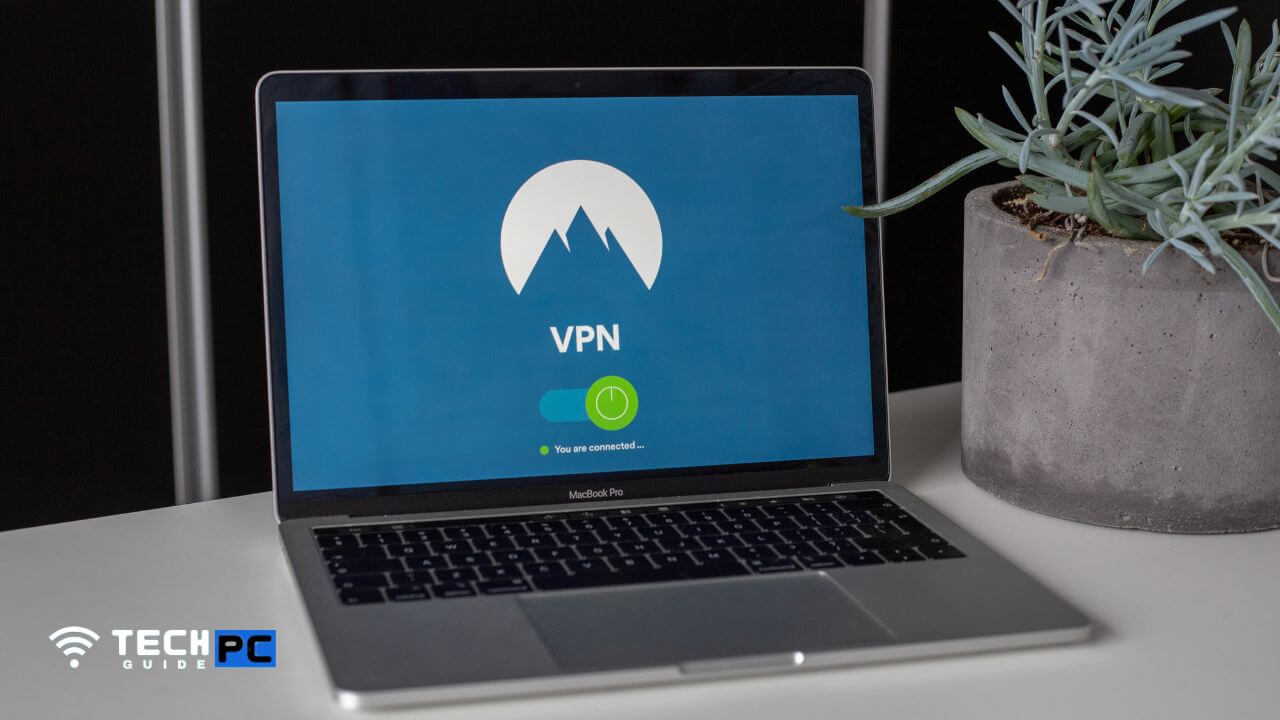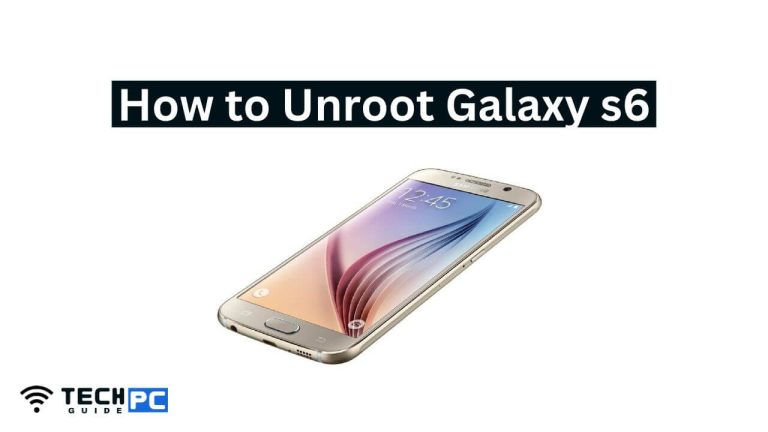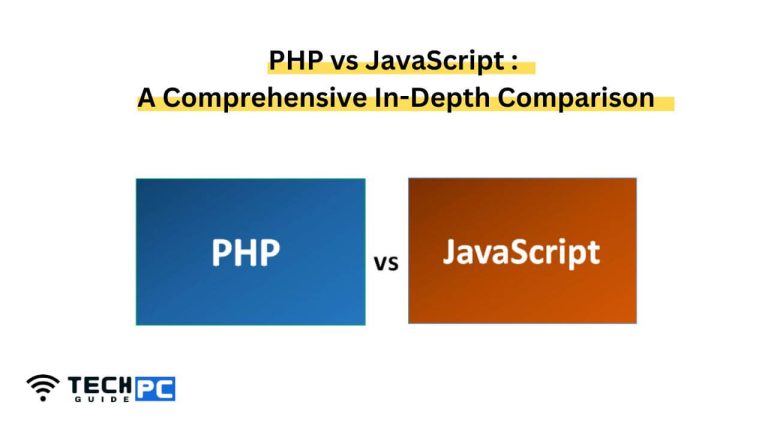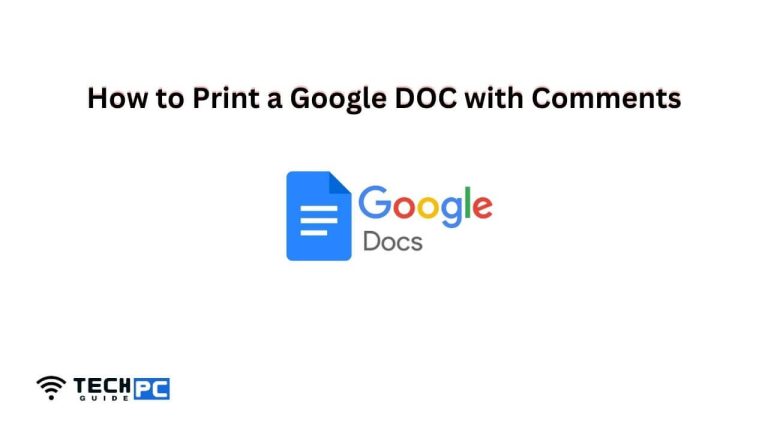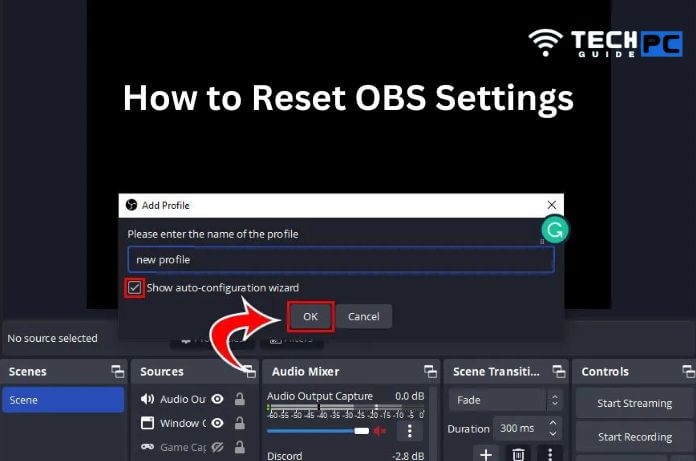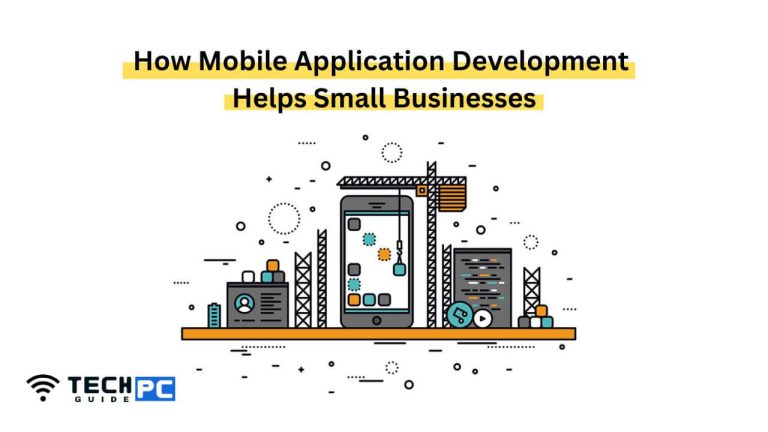How To Get And Use A Free VPN [2023 Guide]
Are you concerned about your online security and privacy? Do you want to access websites or content that may be restricted in your region? If so, you may want to consider using a VPN or a proxy. While both tools can help you achieve your online goals, there are some fundamental differences between the two.
What is a VPN?
Let’s start with the basics: what is a VPN? A Virtual Private Network is a service that creates a secure and encrypted connection between your device and a remote server. By connecting to a VPN server, you can mask your IP address and encrypt your internet traffic, making it difficult for anyone to intercept or access your online activity. A VPN can also help you bypass geographic restrictions and access content that may not be available in your region.
On the other hand, a proxy is a server that acts as an intermediary between your device and the internet. When you use a proxy, your internet traffic is rerouted through the proxy server, which can mask your IP address and hide your online activity from prying eyes. However, proxies do not provide encryption, which means that your online activity can still be intercepted by third parties.
Differences Between VPNs and Proxies?
So, what are the main differences between VPNs and proxies? Firstly, a VPN provides encryption, which makes it a more secure option than a proxy. With a VPN, your online activity is encrypted, and your IP address is masked, providing a high level of online privacy and security. Secondly, VPNs are typically faster than proxies, as they use dedicated servers that are optimized for high-speed connections. Proxies, on the other hand, can be slower due to the additional layer of server hops.
Now that we’ve covered the differences between VPNs and proxies, let’s discuss how to get and use a free VPN. While there are several paid VPN services available, there are also some free options that you can use to enhance your online security and privacy.
To get a free VPN, you can start by searching for reputable providers that offer free services. Some popular options include Windscribe, ProtonVPN, and TunnelBear. Once you have found a free VPN service that meets your needs, you can download and install the VPN client on your device. Most free VPNs have a user-friendly interface that makes it easy to connect to a server and activate the VPN service.
When using a free VPN, it’s important to keep in mind that some free providers may not offer the same level of security and privacy as their paid counterparts. To ensure that you are using a reliable and secure service, do your research, and read reviews from other users.
In conclusion, a VPN and a proxy can both help you enhance your online security and privacy, but they have some fundamental differences. A VPN is a more secure and reliable option, providing encryption and faster speeds. If you want to get and use a free VPN, do your research, find a reputable provider, and take the necessary precautions to protect your online activity.
Recommended: PHP vs JavaScript
Why VPN is used?
A VPN is used for several reasons, but the primary purpose is to enhance online privacy and security. When you use the internet, your online activity and sensitive information such as passwords, credit card details, and browsing history are vulnerable to being intercepted and accessed by third parties, including hackers, government agencies, and even your internet service provider (ISP). A VPN creates a secure and encrypted connection between your device and a remote server, thereby masking your IP address and making it difficult for anyone to access your online activity or steal your sensitive data.
Apart from enhancing online security and privacy, a VPN can also be used to bypass geographic restrictions and access content that may not be available in your region. For example, if you want to access streaming services such as Netflix, Hulu, or BBC iPlayer from a location where they are not available, you can use a VPN to connect to a server in a region where the service is accessible.
Additionally, a VPN can be useful in a corporate environment where employees may need to access company resources remotely. With a VPN, employees can securely connect to the company’s network from anywhere in the world, without compromising the security of the company’s data. Overall, a VPN is an essential tool for anyone who wants to keep their online activity private and secure.
Why VPN slows down the internet?
You may have heard that using a VPN can slow down your internet speed, and you’re not alone. Many people have experienced slower speeds when using a VPN, and there are several reasons why this can happen.
One of the main reasons why a VPN can slow down your internet speed is because of the encryption process. When you connect to a VPN server, your internet traffic is encrypted, which means that it’s scrambled and can’t be read by third parties. While encryption provides a high level of security and privacy, it can also slow down your internet speed. This is because the encryption process requires additional processing power, which can cause a delay in your internet connection.
Another reason why a VPN can slow down your internet speed is because of server location. When you connect to a VPN server, your internet traffic has to travel to the VPN server and then to its destination. The distance between the VPN server and the destination can affect your internet speed, as data has to travel a longer distance.
Furthermore, the number of users connected to a VPN server can also affect your internet speed. When there are more users connected to a server, it can cause congestion and slow down your internet connection.
While a VPN can slow down your internet speed, there are some things you can do to improve your connection. Firstly, you can try connecting to a server that is closer to your location. This can reduce the distance that your internet traffic has to travel, and may improve your speed. Secondly, you can try using a VPN provider that offers optimized servers for faster connections. Some VPN providers offer dedicated servers that are optimized for high-speed connections, which can improve your internet speed.

